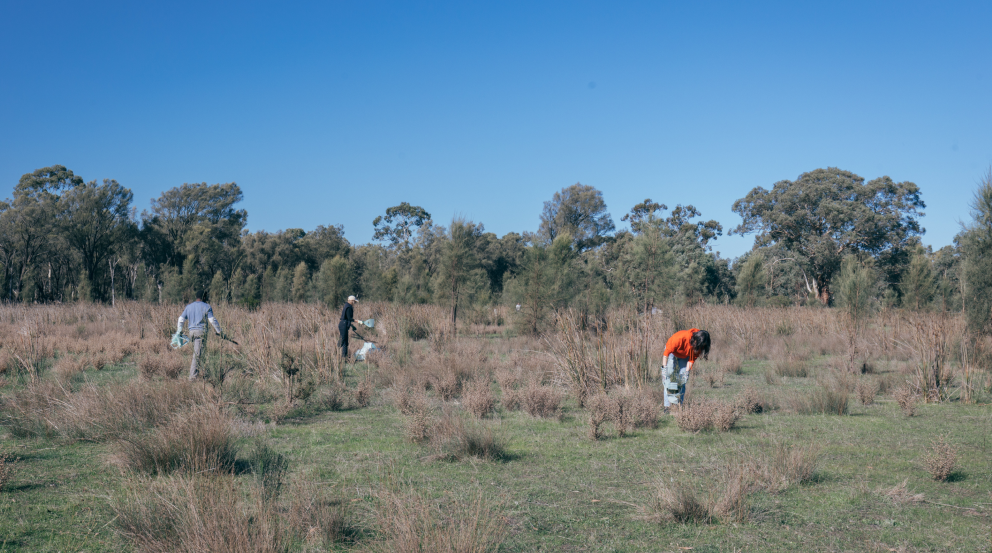What does a food market run by locals, for locals, look like? We chat to the Blue Mountains Food Co-Op to find out how the simple act of grocery shopping can benefit both the community and the planet.
Tucked down a laneway off Katoomba’s main drag is Australia’s largest community food co-op, and they’ve been feeding Blue Mountains locals in a sustainable way for 40 years.
The Blue Mountains Food Co-Op was established in 1981, when a small group of local families got together to address the lack of quality, affordable organic products available in the mountains.

“They started by ordering bulk supplies of dry wholefoods to cut down on waste,” explains Jacqueline Forster, the co-op’s communications manager. “People in the area caught on, and the co-op grew and grew.”
Today, the Blue Mountains Food Co-Op has over 2,500 members, making it the largest food co-operative in the country.
But what exactly is a co-op, and how does it work?
Essentially, it’s a business that’s owned by its members (a little like us). Anyone can shop at a co-op, but members – who pay an annual fee – are entitled to cheaper products, as well as getting a say in how the business is run, and what the future of the organisation might look like. In a nutshell? A co-op belongs to the people who use it; it exists to meet the needs of its members.
“We have an Annual General Meeting each year, where members are voted onto the Board as Directors, as well as monthly Board meetings,” says Amy Tyson, the co-op’s assistant manager. “We have seven volunteer directors who oversee the legal requirements, financial position and set the strategic direction of the co-op.”
Despite a Coles, Woolworths and Aldi supermarket within walking distance, the co-op still pulls in shoppers every day. “I think people choose to shop with us because they trust that we’re sourcing good products, and we’re supporting local producers,” says Amy. “They also want to support growers that aren’t damaging the environment.”
The store sells and promotes quality, sustainably sourced food and environmentally friendly products. They stock products that are certified organic, regeneratively farmed, and Australian grown, and sell chemical-free produce from local backyard growers. Shoppers at the Blue Mountains Food Co-Op – a not for profit – are also encouraged to bring their own bags and containers, to reduce excess packaging (paper bags and new jars are available to purchase, and recycled glass jars are provided free).

The positive work the co-op is doing extends outside the shop. Every March, they organise an Edible Garden Trail, where local gardeners across the Blue Mountains open up their backyards to show people how they’re growing food and using sustainable methods to produce food organically. The Edible Garden Trail also highlights that growing your own food isn’t as challenging as you might think, and that everyone should give it a go.
The co-op also donates 10% of its annual surplus to local social justice, environmental and food-related organisations. Over the years, they’ve supported the Blue Mountains Refugee Support Group, Earth Recovery Food Rescue, and the Aboriginal Culture and Resource Centre, as well as local schools, neighbourhood groups, community gardens and land care groups.
“We’re very inclusive,” Amy says. “We like to support social justice causes and charities. That’s all written into our policy.”
It’s also important to the co-op that they work with suppliers and other businesses that support their ethos – it’s why they bank with Bank Australia. “It’s what our members expect of us, that we operate the business as ethically as possible,” Amy explains. “That’s why we use suppliers, including Bank Australia, whose values align with ours.”
Find out more about the Blue Mountains Food Co-Op.








